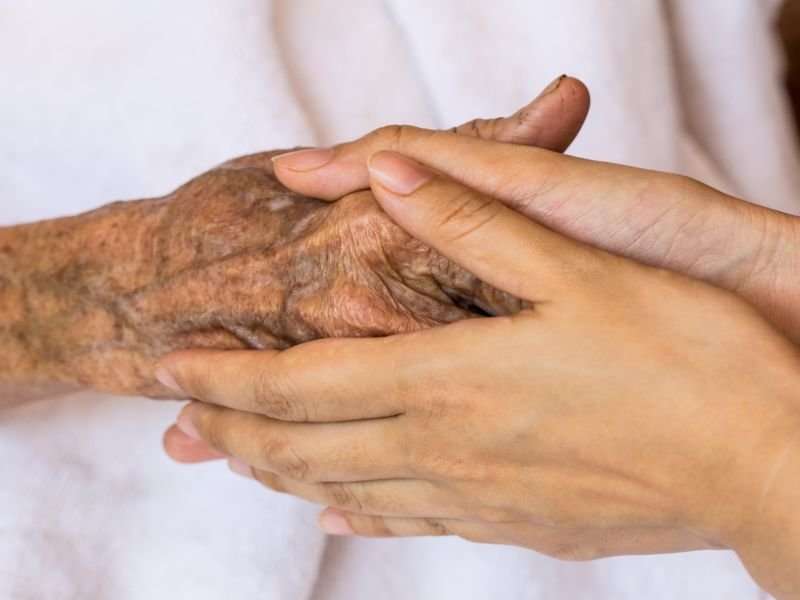Three-quarters receiving 'End of Life Option Act' drugs take them

(HealthDay)—About three-quarters of patients in California who receive End of Life Option Act (EOLOA) drugs ingest them and die, according to a research letter published online Dec. 26 in JAMA Internal Medicine.
Huong Q. Nguyen, Ph.D., from Kaiser Permanente Southern California in Pasadena, and colleagues described the experience of their health system and provided the outcomes and characteristics of individuals who initiated the EOLOA process.
Overall, 379 patients initiated an inquiry from June 9, 2016, through June 30, 2017; of these, 176 were deemed eligible. The researchers found that 74 percent of patients who received the EOLOA drugs ingested them and died within a median of nine days after the prescription was written. A total of 74 percent of the patients who initiated EOLOA had cancer and in the previous 12 months received care mainly from specialists. Fifty-five percent of patients had impairment in activities of daily living and were receiving palliative care or hospice at the time of their inquiry. Not wanting to suffer and no longer being able to participate in activities that made life enjoyable were the two most common reasons cited for pursuing EOLOA.
"Patients' end-of-life concerns appear difficult to palliate, with the most common cited reasons for pursuing EOLOA being existential suffering, inability to enjoy life, and loss of autonomy," the authors write.
More information: Abstract/Full Text (subscription or payment may be required)
Copyright © 2017 HealthDay. All rights reserved.

















